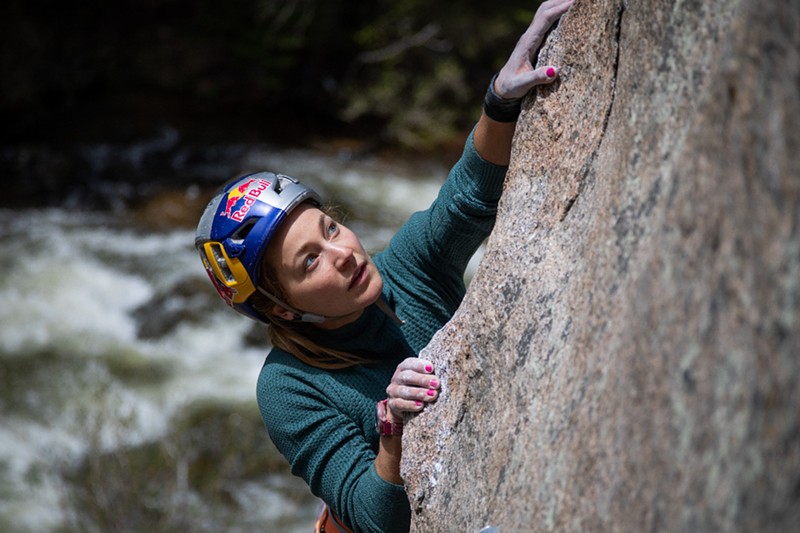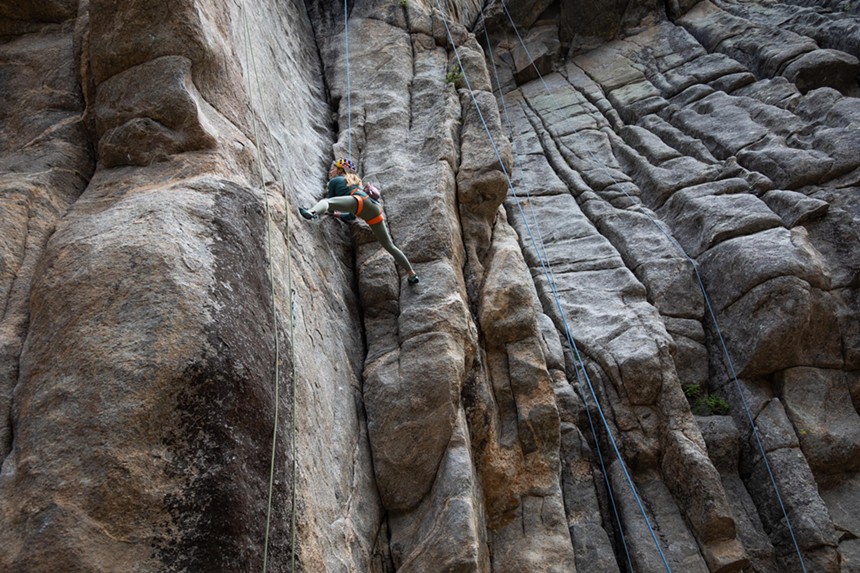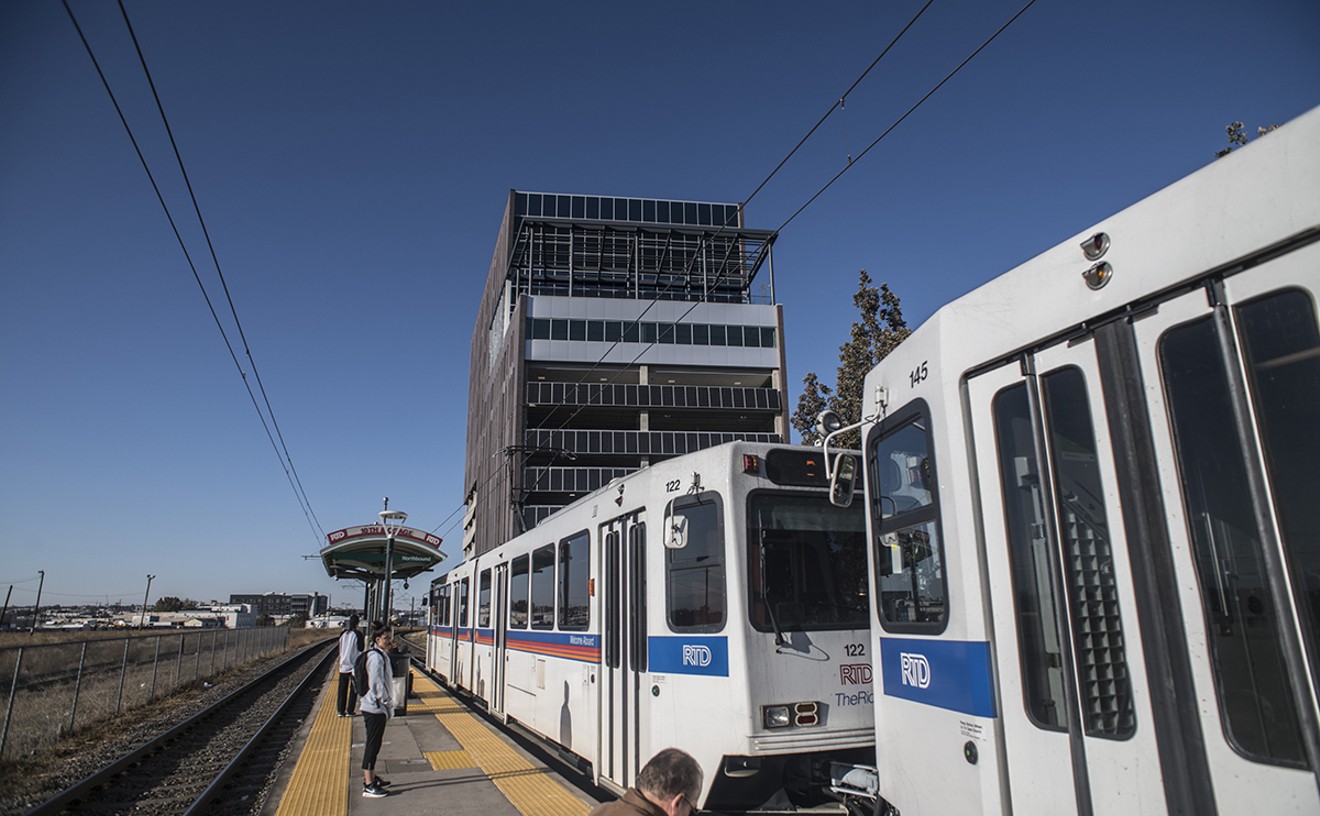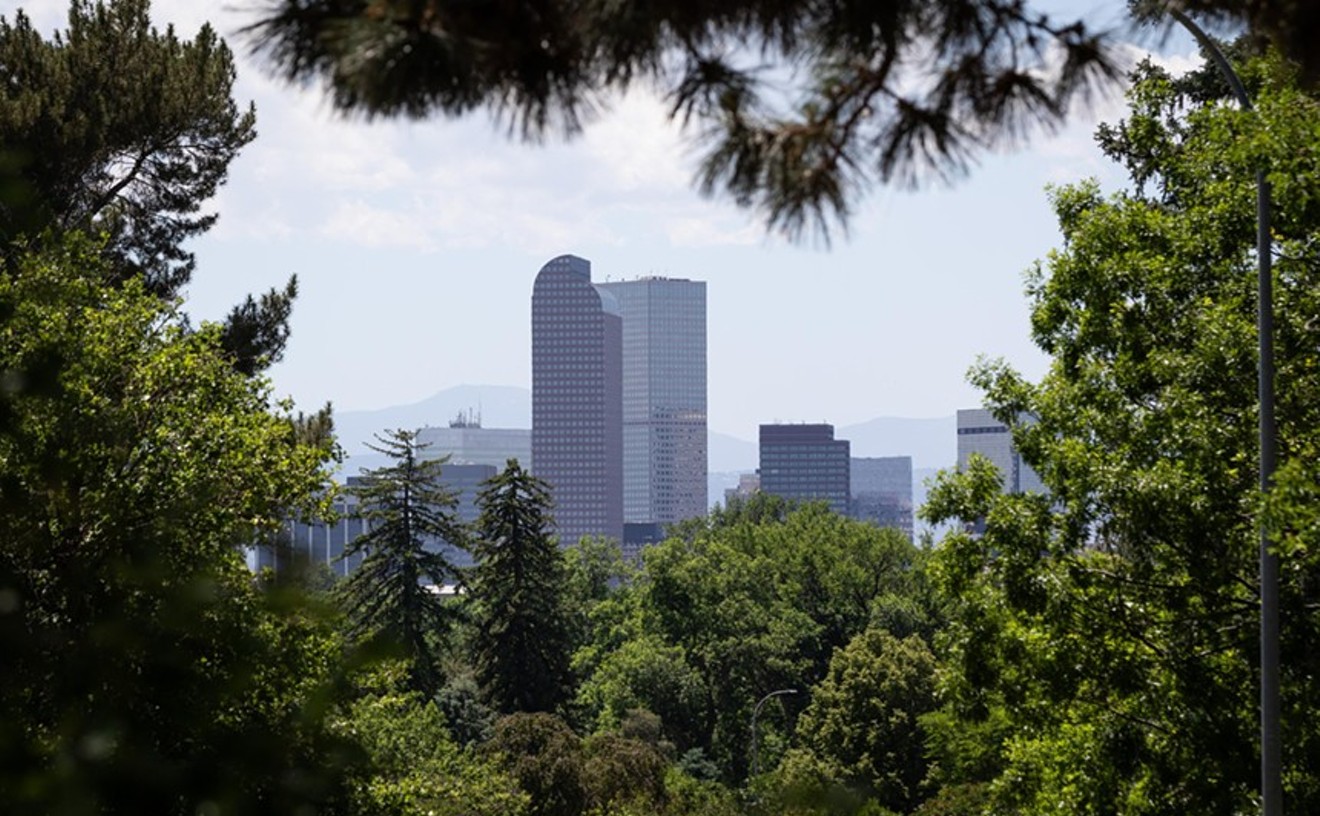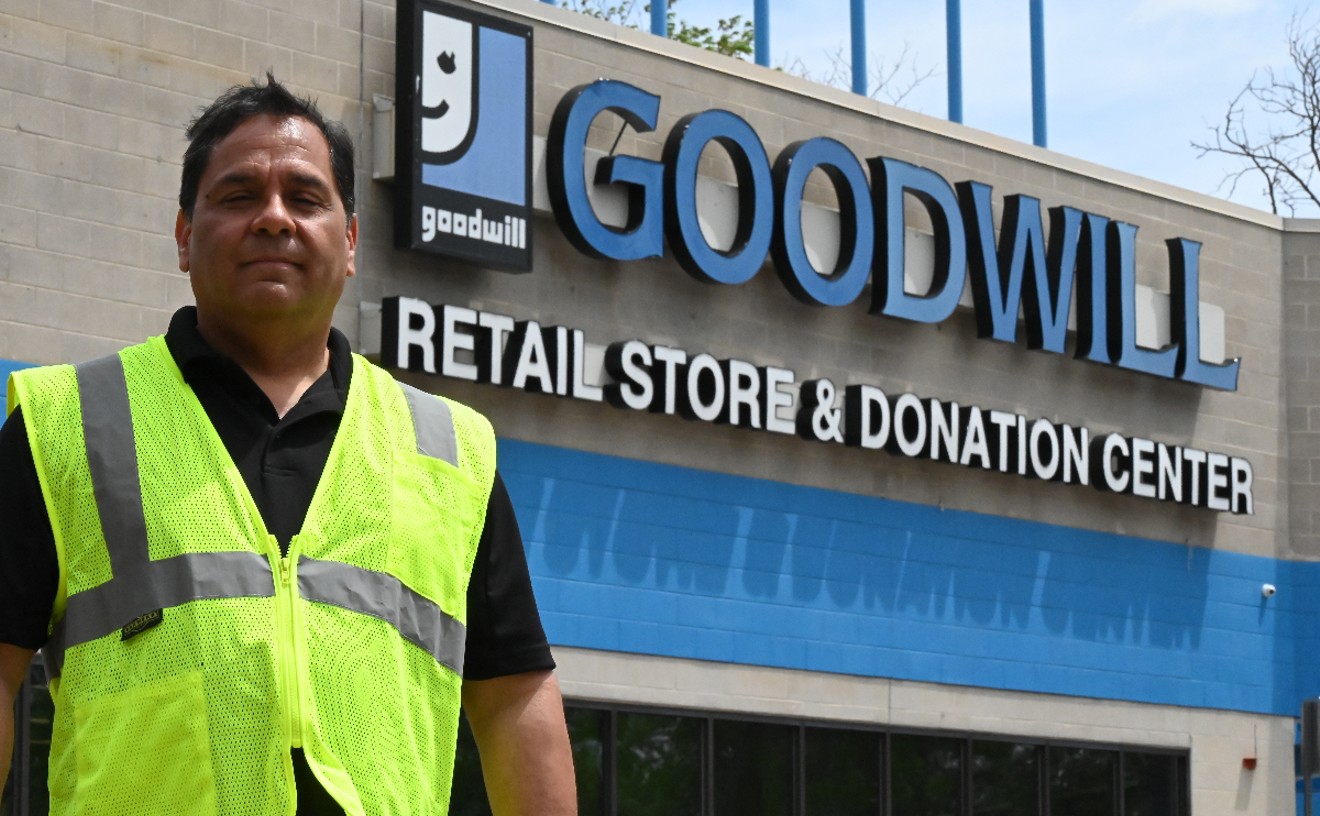Sasha DiGiulian didn't have a problem scaling a sandstone wall on May 31, a few hours before her documentary, Here to Climb, premiered in Denver. But when DiGiulian set out to make the film over four years ago, she didn't know if she would ever climb competitively again.
DiGiulian has been rock climbing since she was six years old. She signed her first endorsement deal when she was twelve, and won a gold medal for overall competition during the 2011 IFSC Climbing World Championships when she was just eighteen.
Since then, DiGiulian, now 31, has won five Pan-American Championship gold medals and three USA National Climbing Championship gold medals. She's the first female to climb more than thirty different walls, including the Canadian Rocky Mountain big wall, which is the subject of "The Trilogy," a short film she produced in 2019.
She was the first North American woman and third woman in the world to climb a grade 5.14d, (9a) rock wall, one of the most difficult climbs humanly possible. Red Bull, which produced Here to Climb, calls her "without question the most decorated and arguably the best female climber in the world."
Around 2016, however, after nearly two decades of rock climbing and becoming a world champion several times over, DiGiulian started feeling "horrible hip pain" every day.
"It got worse and worse to the point it was really chronic hip pain," she says.
She battled through the pain for almost four years. Finally in 2020, before going to Mexico for a climb, DiGiulian went to her doctor's office for a cortisone shot to relieve the pain. That's when she was told that her life of climbing had worn down her femurs and hips, which were already misshapen because of a congenital condition called hip dysplasia.
Even as she'd kept rock climbing competitively among the best in the world, DiGiulian's femur bones had been popping out of the sockets in her pelvis while ligaments around the joint had torn and were floating around in her pelvis sockets. She felt "terrified" by what the doctors told her.
"That's when I found out I need hip reconstructive surgery," DiGiulian recalls. "It's a really hard pill to swallow, looking down the barrel of five major surgeries, especially when you've never had a major surgery before. I've had major injuries. Like, I've broken my back and broken my ankle, injured fingers — but I hadn't had surgery, and this was a very uncertain one."
Five different medical experts told DiGiulian they had never seen someone recover from this kind of surgery and continue playing sports at an elite level.
"I had five surgeries in the course of two years. They cut my pelvic bone into four pieces on both sides and shaved down my femur head," she explains. "And in the process of it, they had to cut out my abdominal muscles, so there were two ten-hour open-hip surgeries, and then three others. It was a big endeavor."
Here to Climb documents DiGiulian's recovery from what seemed like a career-ending surgery, and then her full comeback in 2021 to become the first woman to climb the biggest walls in the world, from Catalonia in northeast Spain to the African island of São Tomé.
The documentary airs on HBO and streams on Max starting June 18. The film's goal "was to showcase we all go through obstacles and how to overcome them," she says.
"Capturing where I'm at right now started with the filming four years ago, when I was diagnosed with double-hip reconstructive surgery," DiGiulian describes. "My future was super uncertain, but I knew I wanted to use my story as a point of inspiration for others."
Despite being a native of the Washington, D.C., area, DiGiulian chose the Ellie Caulkins Opera House at the Denver Performing Arts Complex to premiere Here to Climb. According to DiGiulian, she picked the "beautiful venue" because she's been living in Boulder for nearly a decade, and "a good portion" of the film takes place around the area.
"The principal climb is in the Flatirons, so it was really natural that we do the world premiere in Colorado," she says. "A lot of filming was at my house in Boulder as well as in the Flatirons and at CU Anschutz," the hospital where she had her surgeries.
DiGiulian moved to Colorado in 2016, right before feeling the hip pains that would put her under the knife. While rock climbing legend Alex Honnold considers Colorado rock climbing "meh," DiGiulian has more love for the area where she lives.
"The Flatirons in Boulder are really incredible, and it's really unique rock to climb on. It's a sandstone conglomerate," she says. "I've traveled to over fifty different countries around the world to climb, and I think Boulder has really good climbing."
DiGiulian says her surgeries gave her "a new point of motivation." She had to relearn how to move on the rocks, "but it was an obstacle I didn't see not overcoming. Climbing is so much a part of my identity," she adds.
On May 31, hours before attending her movie premiere in downtown Denver, DiGiulian climbed a 100-foot rock a handful of times without breaking a sweat, each time rushing up the wall in just a few minutes.
[
{
"name": "Air - MediumRectangle - Inline Content - Mobile Display Size",
"component": "12017618",
"insertPoint": "2",
"requiredCountToDisplay": "2"
},{
"name": "Editor Picks",
"component": "17242653",
"insertPoint": "4",
"requiredCountToDisplay": "1"
},{
"name": "Inline Links",
"component": "18838239",
"insertPoint": "8th",
"startingPoint": 8,
"requiredCountToDisplay": "7",
"maxInsertions": 25
},{
"name": "Air - MediumRectangle - Combo - Inline Content",
"component": "17261320",
"insertPoint": "8th",
"startingPoint": 8,
"requiredCountToDisplay": "7",
"maxInsertions": 25
},{
"name": "Inline Links",
"component": "18838239",
"insertPoint": "8th",
"startingPoint": 12,
"requiredCountToDisplay": "11",
"maxInsertions": 25
},{
"name": "Air - Leaderboard Tower - Combo - Inline Content",
"component": "17261321",
"insertPoint": "8th",
"startingPoint": 12,
"requiredCountToDisplay": "11",
"maxInsertions": 25
}
]

